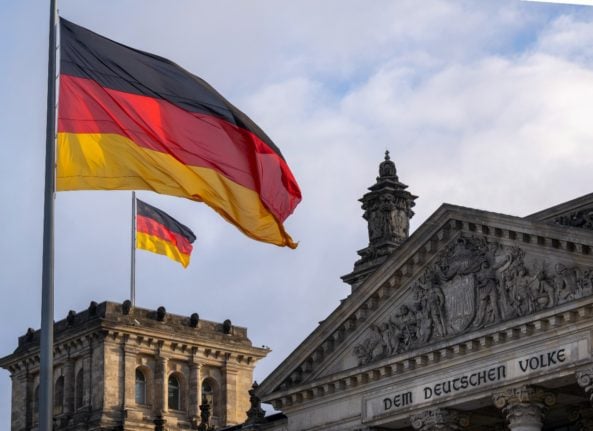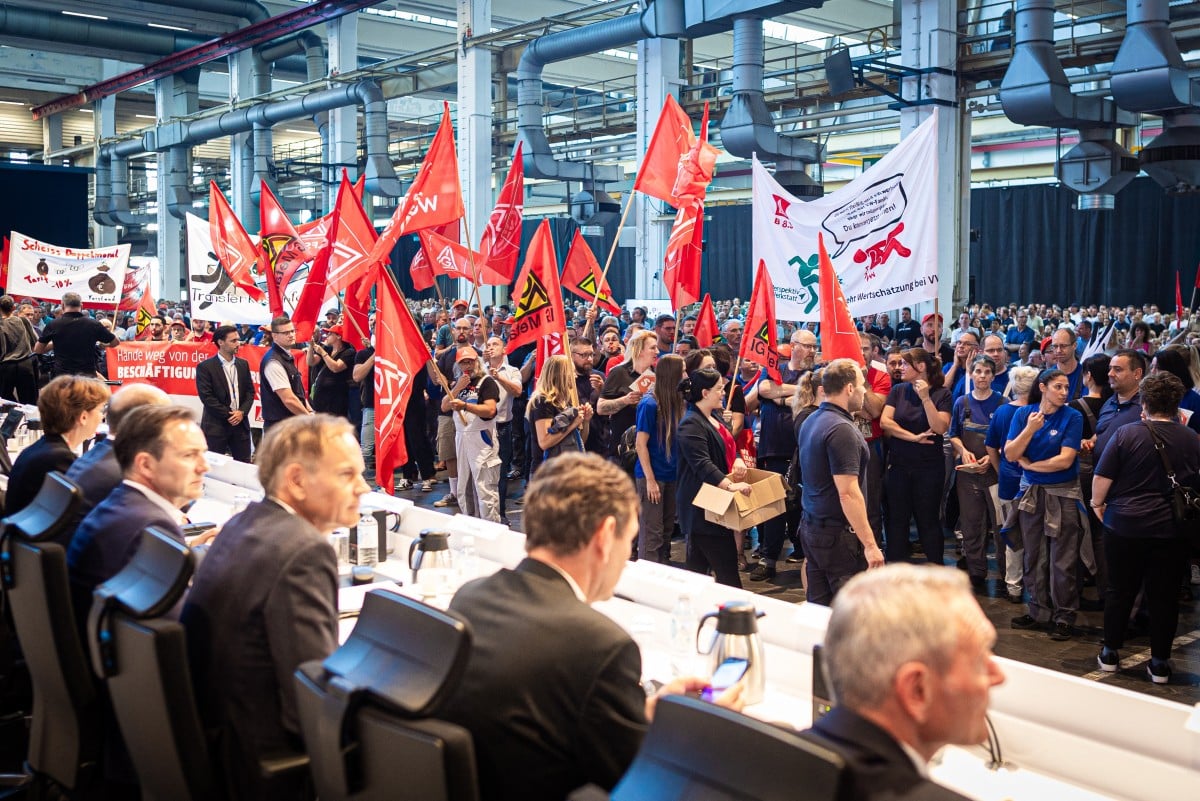German Chancellor Olaf Scholz on Friday said there was no reason to worry about the health of Deutsche Bank after shares in the lender dropped sharply.
Shares in Deutsche Bank dropped more than 10 percent on Friday as the cost of insurance against the risk of default surged, fuelling fears about a banking sector crisis. Shares of its domestic rival Commerzbank dropped 8.5 percent while in Paris, Societe Generale was down 6.72 percent.
“Deutsche Bank has modernised and organised the way it works. It’s a very profitable bank. There is no reason to be concerned,” Scholz said after a summit of EU leaders.
This drop in shares comes after Deutsche Bank said last month that in 2022, the bank booked its highest annual profit since 2007, thanks to higher interest rates and a major cost-cutting drive.
The bank recorded a 5.03-billion-euro net profit for 2022, up from 1.9 billion euros a year earlier. The strong showing includes a one-off tax benefit of 1.4 billion euros in the United States, Deutsche Bank said.
In 2019, the bank, which is Germany’s largest lender, embarked on a strategic overhaul that included thousands of job cuts and a bigger focus on Europe. The bank has shed nearly 10,000 jobs since 2019. It currently has a global workforce of around 85,000.
Scholz, speaking after an EU summit in Brussels, added that the European banking system is “stable”.
“It paid off that we had strict rules and regulations in the past years, the banking system is stable in Europe,” Scholz said.




 Please whitelist us to continue reading.
Please whitelist us to continue reading.
Member comments